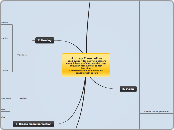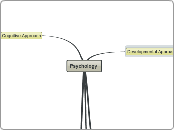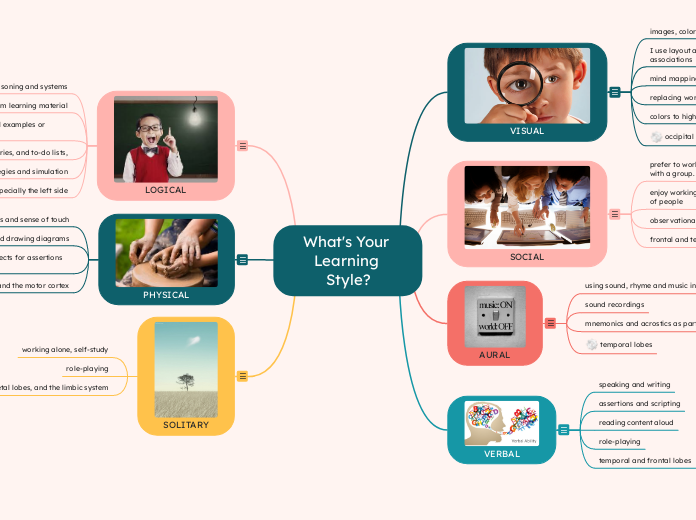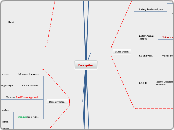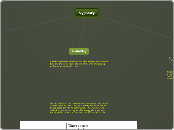b1 chap 2 narrative
- good support for nativist position: many inborn prefs incl detailed rep of human face as well as fast learning
- discrimination of individuals
- bonding with carers
E. Proprioception and vestibular sense
Innate
Butterwoth: moving wall: ch.fall back when wall moves toward them
D. Crosss modal perception
facilitates learning
synchrony
Slater et al: 2d, sycnc line and sound
co-timing of object and sound or sound on
Morrongiello et al: co-location of toy and sound
innate reflex
Wertheimer: clicks turning daughters head with sound to locate source of click
def: combining info from 2 senses
creates intersensory redundany
i.e.a word rerfers to an object
C. Hearing
Habituation
sucking rate
sucking on a dummy produces BA sound which they habituate to- sucking decreasis until they hear PA
Preferences
dev: ready to learning and fine tuning
Progression:
Learning to understand before learning to speak
8m attach meaning to words
7,5m distiguish words
4,5m know their name
Werkers: ch. loose the disriciminatino abilty to become native listerners
Trehub: czech phonems infants intially discriminating chech phonemes
Mothers voice
deCasper: mothers poems learned in Utero
de Casper: Mothers voice vs. strangers voice: increasing sucking rate to hear moms voice (pacifier)
Fernald: auditory pref for Motherese
Sing et al: but maybe because it sounds happy
immature auditory processes
sound range tuned to human voice
immature
structures in the auditory cortex not fully connected
cochlea
hair cells less sesnitve to low sounds
auditory nerve fully myleinated
inner ear well developed
B. Vision
Methods
Eyetracking
Measuring gaze time
Habituation/Novelty preferences
discrimination
Forced choice
preference
Specific natural prefernces
Good early visual organization
after periods of familiarization / Learning about an object
Learned
Discrimination of colours shapes and faces
later learned organization
Piaget (little scientists): builteding on observable physical laws by acting on the world
6-7m Gravity
5-6m: 2 objecfts touchning are not one
2 month Occlusion
stereopsis develops
Inborn
depth
size constancy
Slater et al: cube size disrimiation
of objects of different sizes
But Campos et al: all crawling beginners crawl
suggesting depth needs experince
Gibson: 6m-12m 3 of 27 craweld over the cliff
Inborn Preference of visual
shapes and features
Faces are special
Quinn: Preference for gender of primary carer
Quinn: Gender discrimination
Pascalis: Monkeys. Narrowing of faceregognition from Monkeys to human
Meltzoff: Imittaion in newborns children
able to imiatate factial experession which they cannot see
vs Piaget: Imitation not until 2 because babies unable to forma ment. rep of what they cannot see
sugg: mental representaion of faces
Hoss and Langlois: preference for attractive faces
Average faces: Likely because they are more prototypical
Bushnell: mothers face
newborns, after 12 hours prefer mothers face to that to other faces
Fantz: 18 newborns: Faces vs. other cirlces
2-3 days: csing Fantz method of forced choice preference (Shapes and other features of visual stimuli)
faces, curves, complexity, colours, symmety, 3D, and moving stiumli
preference for real world vs static
Immature visual abilites
Bad: Sharp vision ( but increasing)
Using Fantz forced choice
prefernce for thinnner lines increasing with age (intially pref only for thick line vs grey squ.)
General scanning behaviour
tracing saccades and fixation:
Less detail, more edges
but probably because detail not yet possible
Visual Cortex
structure not fully connected
just short, no long connections
-6 m
LGN
Cells processing foveal info not mature
-12m
Optic nerves
Lacking myelination
information corrupted
Subtopic
Retina: Low density of cones in fovea
less colours
pastell whashed out colours
2-3 month
Lens: accomodation not mature
blurry
A. Introduction
Themes and Issues
Nativist
Meltzoff
social knowledge
set of skills that prepare for soical human interaction
built in tendencey to imitate
buitls in attraction to faces
Spelke
core knowlege
bulit in understanding of physics, numbers
Empiricist
Piagat
actions an experience structure initially chaotic world of perception
Developement of nervous system not complete at birth
vision blurry hearing a bit better
